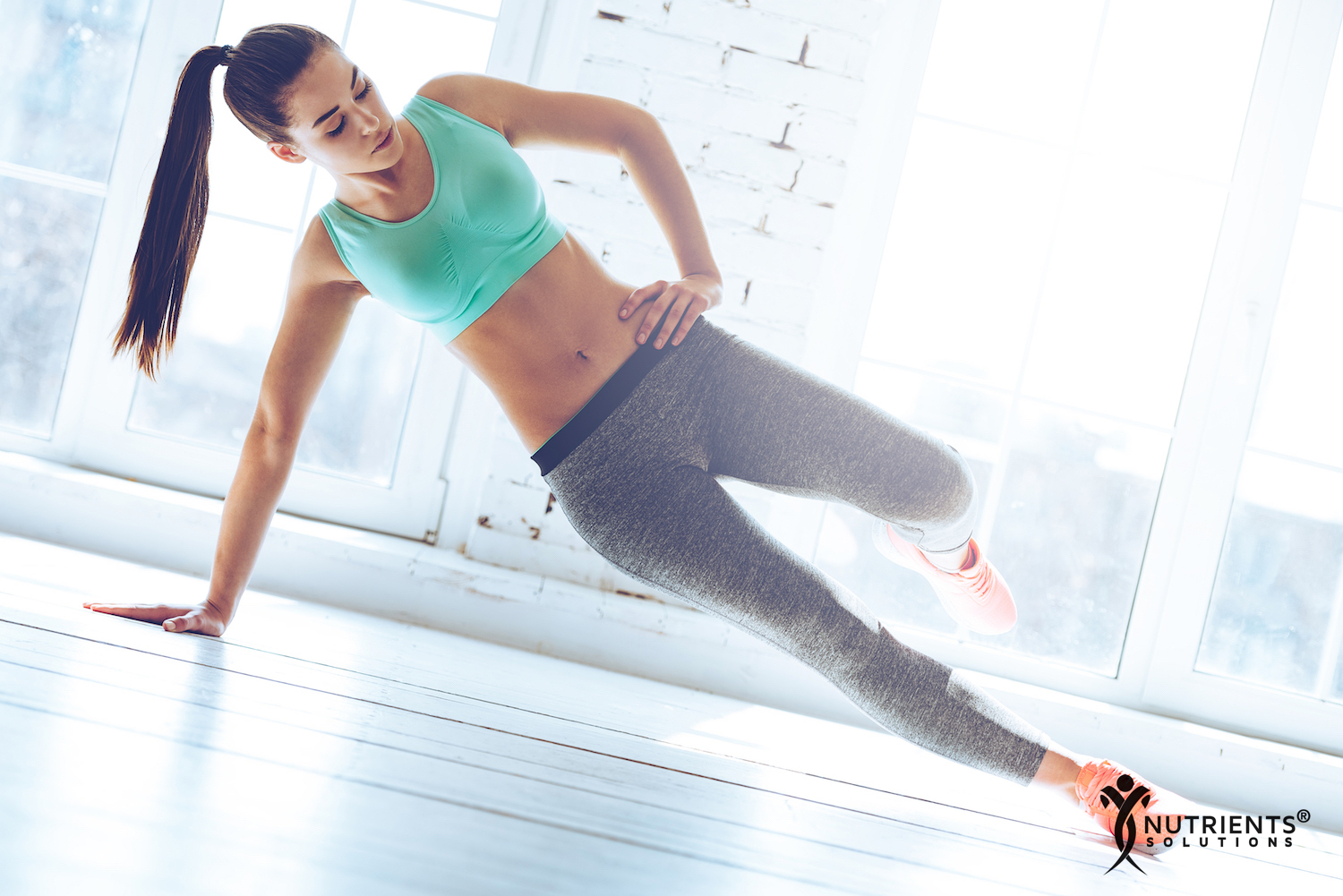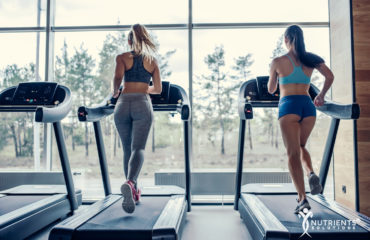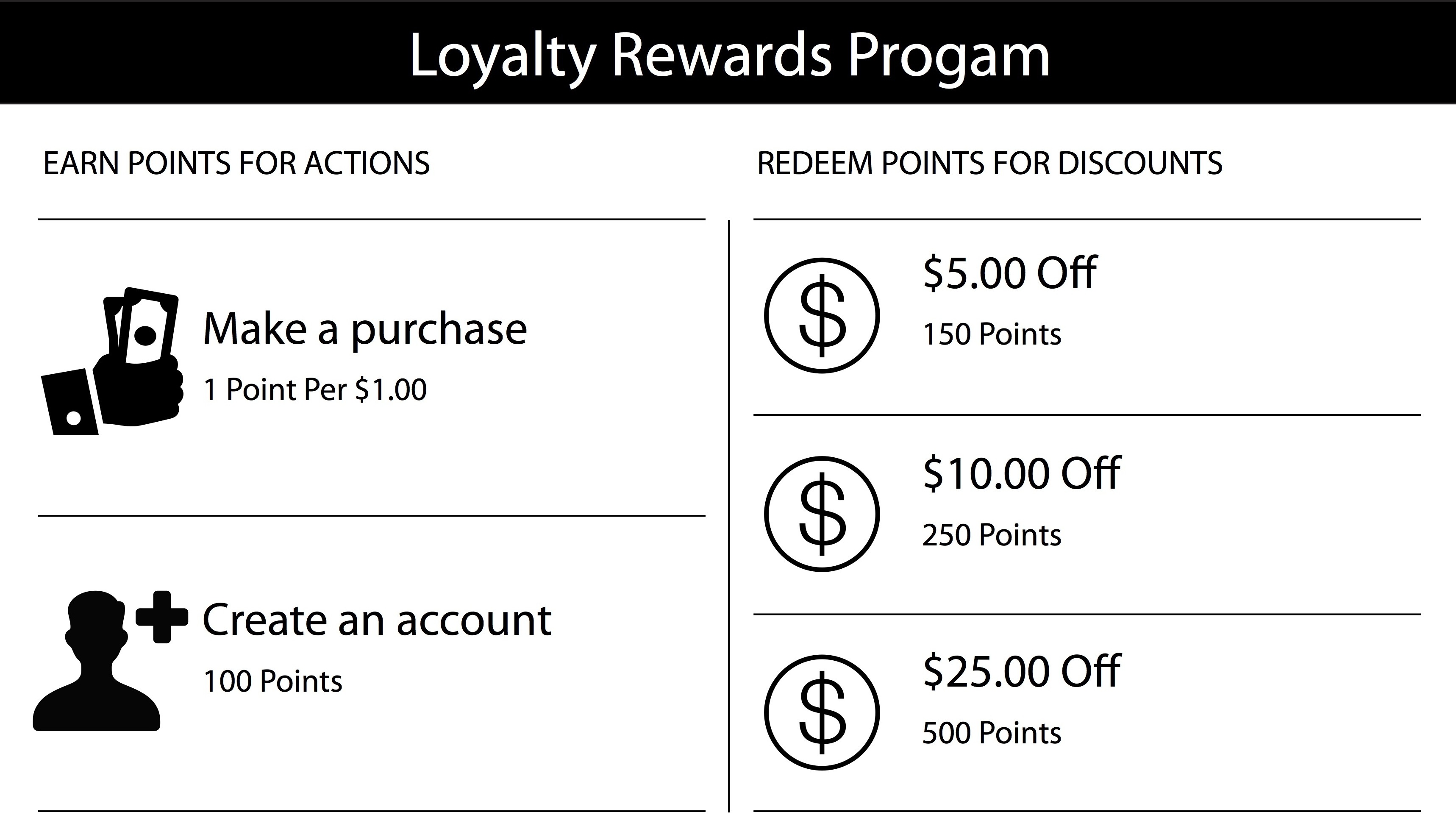Wellness Demystified: We Can Help You Discover Optimum Health
Biotin: A Health and Beauty Booster

Biotin, or vitamin B7, is a vital nutrient that helps your body metabolize macronutrients from food, build muscle and sustain a healthy heart, brain, liver, and nervous system. If you don’t get enough biotin, you may experience lethargy, weight gain, hair loss, skin problems, mood disorders, anemia or muscle pain. Biotin deficiency is also linked to increased risk of diseases, including type 2 diabetes, Alzheimer’s, and heart disease. Supplementing with biotin eliminates and prevents deficiency, and helps protect you from these diseases.
1. Improves Brain Function and Mood
According to human studies, brain neurons require biotin to function. That means it’s involved in signaling messages throughout the nervous system, which is the body’s communication network. When working in tandem with other B vitamins, biotin can help improve brain function and mood.
Biotin is also involved in synthesizing omega-3 fatty acids, which is key to preventing memory loss, cognitive decline and Alzheimer’s disease, as well as depression and other mood disorders. Biotin deficiency results in omega-3 deficiency even when you’re getting enough omega-3s. Research shows Biotin supplements can boost your mood and concentration while protecting you from age-related cognitive decline and neurodegenerative diseases like Alzheimer’s and dementia.
2. Protects Your Heart
Biotin helps metabolize fat from food so that cells can use them for energy. If biotin levels are insufficient, this fat can build up in the arteries as plaque. One study found that biotin supplementation reduced levels of triglycerides, which is a stored fat that elevates your risk of heart disease when levels are high. A clinical trial on obese, diabetic participants showed that biotin combined with chromium reduced not only triglyceride levels but also levels of LDL (“bad”) cholesterol. Researchers concluded that biotin with chromium supplementation effectively lowers cardiovascular disease risk factors.
3. Fights Fatigue
Biotin works symbiotically with other B vitamins to soothe the nervous system and support healthy function of the adrenal and thyroid glands. These glands modulate your appetite, sleep-wake cycle, pain perception, energy levels, and mood. A lack of biotin can cause lethargy, chronic fatigue, trouble sleeping and weight gain or loss because of poor functioning of these glands. Sufficient amounts of biotin help your body stay balanced and better respond to stress. Biotin also boosts your energy levels because of its role in converting food to fuel for cellular use.
4. Strengthens Brittle Nails
Your nails are composed of a protein called keratin. Biotin strengthens nails by increasing the development of keratin. In one clinical trial, women with soft, brittle or splitting nails were given 2.5 mg of biotin per day. The results showed that biotin increased nail thickness by 25 percent. In another study, daily supplementation with 2.5 mg of biotin for 5 and a half months resulted in stronger and harder fingernails in 91 percent of the 45 participants with brittle nails.
5. Boosts Hair Growth and Thickness
Hair is also made up of keratin, which requires biotin to facilitate its structural development. Thinning hair and hair loss are symptoms of biotin deficiency, but supplementation is shown to reverse these effects. In a 3-month study on women experiencing thinning hair and hair loss, a protein supplement with biotin was administered twice a day to one group, and a placebo pill was given to another. At the end of the study, all the women who supplemented with biotin experienced significant hair growth in areas affected by hair loss, as well as overall reduced shedding.
6. Prevents and Helps Treat Diabetes
Biotin plays a role in the production of insulin, which is a hormone that affects the ability of your cells to take in glucose from food and use it as energy. When biotin levels are too low, a lack of insulin can prevent glucose from entering the cells, and cause blood sugar levels to rise. On the other hand, studies show that daily supplementation with biotin reduces blood glucose levels by up to 45 percent in type 2 diabetics. Biotin has also been shown to reverse symptoms of diabetic neuropathy–a complication of diabetes characterized by pain and numbness in the limbs.
7. Helps You Build Muscle
Biotin may improve workouts and recovery from strength training exercises. By improving the uptake of glucose in your cells, it provides the energy you need for good workouts. Strength training exercises work by breaking muscle fibers, which then rebuild stronger than they were before. Biotin helps repair and build muscles, facilitating better and faster muscle growth. In tandem with other B vitamins, biotin helps reduce muscle soreness, aches, and stiffness after workouts. Biotin is involved in the metabolism of several amino acids. These are the building blocks of protein that enhance protein metabolism, which is required for muscle recovery and growth.
8. Fights Aging Inside and Out
Due to its roles in the production and metabolism of fatty acids critical to skin health, biotin can help fight the signs of aging. Healthy skin cells require sufficient fatty acid production to retain moisture and protect against environmental stressors like the sun. Insufficient moisture and outdoor exposure are significant contributors to the aging in skin, but getting enough biotin helps you maintain a sufficient level of healthy fat in your skin to protect against these factors. Biotin also protects against thinning hair and hair loss, which contributes to the appearance of aging.
In addition to slowing the aging of your physical body, biotin also helps delay cognitive decline. It plays a role in the formation of the fatty myelin sheath that surrounds nerve cells, which helps them transmit messages from your brain to the rest of your body. As a result, biotin deficiency delays myelination, reducing the health of your body’s communication system. As a result, biotin deficiency is linked to several neurological problems, impaired muscle coordination, problems with earning, as well as depression and lethargy. However, most of these symptoms can be reversed by supplementing with biotin.
9. Boosts Energy
Because biotin helps synthesize and metabolize essential fatty acids, which serve as energy for the body and brain to use. It also plays a role in gluconeogenesis, which is the process of synthesizing glucose from non-carbohydrate sources such as triglycerides–the type of fat that gets stored in the body when you consume excess calories. Biotin deficiency can result in a slower metabolism, causing fatigue and weight gain.
Getting Enough Biotin
Adults need 30 micrograms (mcg) of biotin each day while breastfeeding women need 35 mcg. Since biotin is water-soluble, excess amounts are excreted instead of stored. Thus, you need to take in enough each day to avoid deficiency. While many foods contain biotin, cooking lowers their biotin content. If you have any intestinal or digestive disorders, such as inflammatory bowel disease, Crohn’s disease or celiac disease, it’s more difficult to assimilate biotin from foods. Taking a biotin or B-complex supplement can ensure you avoid deficiency and reap the health benefits of this nutrient. Due to its role in synthesizing omega-3 fatty acid, keratin, and insulin, and because it performs many functions symbiotically with other B vitamins, maintaining healthy biotin levels is critical for avoiding other deficiencies.
References:
- http://www.biotin.com/neurological/biotin-deficiency-can-cause-neurological-disorders
- https://www.ncbi.nlm.nih.gov/pubmed/16677798
- https://www.ncbi.nlm.nih.gov/pubmed/17496732
- https://www.drweil.com/vitamins-supplements-herbs/vitamins/vitamin-b7-for-metabolism/
- https://ods.od.nih.gov/factsheets/Biotin-HealthProfessional/
- https://www.ncbi.nlm.nih.gov/pubmed/2648686?dopt=Abstract
- https://www.hindawi.com/journals/drp/2015/841570/
- https://www.ncbi.nlm.nih.gov/pubmed/2085665
- https://www.ncbi.nlm.nih.gov/pmc/articles/PMC2457859/
- https://www.ncbi.nlm.nih.gov/pubmed/1764357
- https://academic.oup.com/ajcn/article/73/5/853/4739553
- https://www.ncbi.nlm.nih.gov/pmc/articles/PMC3509882/
- https://www.ncbi.nlm.nih.gov/pubmed/18545994
- https://www.ncbi.nlm.nih.gov/pubmed/21696988
- https://journals.sagepub.com/doi/abs/10.1177/0883073807300307
- https://www.ncbi.nlm.nih.gov/pmc/articles/PMC3508090/
- https://www.ncbi.nlm.nih.gov/pmc/articles/PMC2726758/


© 2019 Nutrients Solutions, LLC. All rights reserved. Disclaimer: The information provided is for educational purposes only and does not constitute medical advice. Always seek the advice of your physician or qualified healthcare provider with any questions or concerns about your health. Check with your doctor before beginning any exercise program. Never disregard or delay seeking medical advice because of something you have heard or read in this article or the internet.












